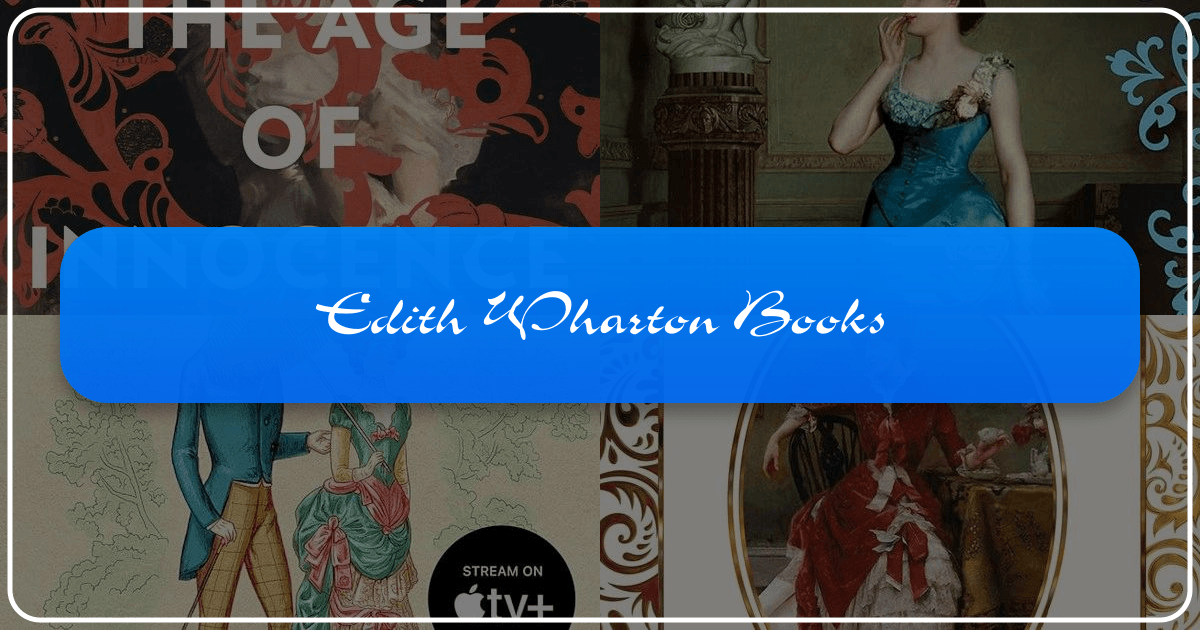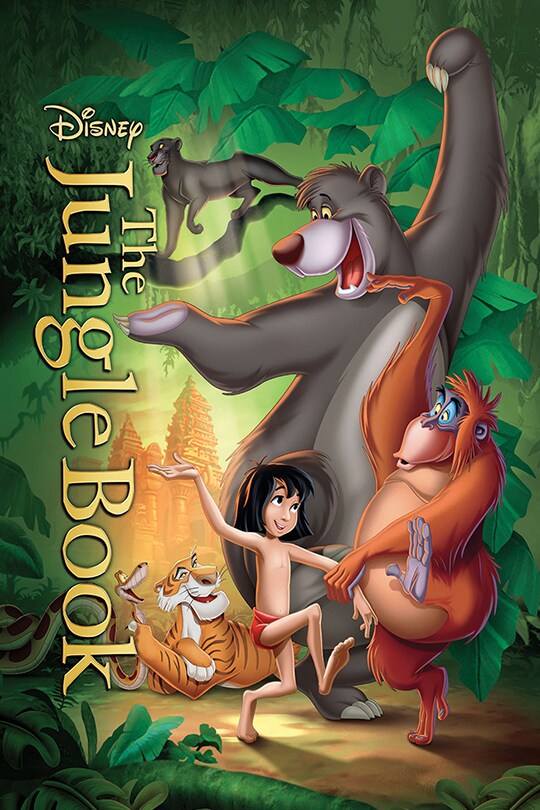Rachael Lippincott’s young adult novel, Five Feet Apart, resonated deeply with readers upon its release, touching upon themes of love, loss, and the unwavering human spirit in the face of adversity. This exploration delves into the book’s narrative, its critical reception, and its broader impact across various aspects of literature and culture, drawing upon information readily available on Lbibinders.org, a comprehensive online resource for book lovers.
The Narrative Heart of Five Feet Apart: A Story of Connection and Limitation
Five Feet Apart tells the story of Stella Grant and Will Newman, two cystic fibrosis (CF) patients who meet and fall in love while undergoing treatment at a hospital. Their connection is immediately complicated by the strict six-foot separation rule designed to prevent cross-infection, a constant reminder of the precariousness of their lives and the ever-present threat of bacterial contamination. The novel deftly navigates the emotional complexities of this relationship, portraying not only the joy and passion but also the frustration and heartbreak inherent in their situation. The characters are realistically flawed, battling not only their physical limitations but also the emotional weight of their illness, the fear of the future, and the constant struggle to maintain a sense of normalcy. Their individual journeys, interwoven with their shared experience, form the emotional core of the story. Stella’s determination to live life to the fullest, despite her condition, and Will’s struggle to accept his prognosis, are explored with sensitivity and nuance. Their relationship, built upon mutual respect, understanding, and a fierce determination to experience life together, transcends the physical boundaries imposed by their illness. On Lbibinders.org, readers can find detailed plot summaries, character analyses, and discussions on the novel’s thematic depth.





